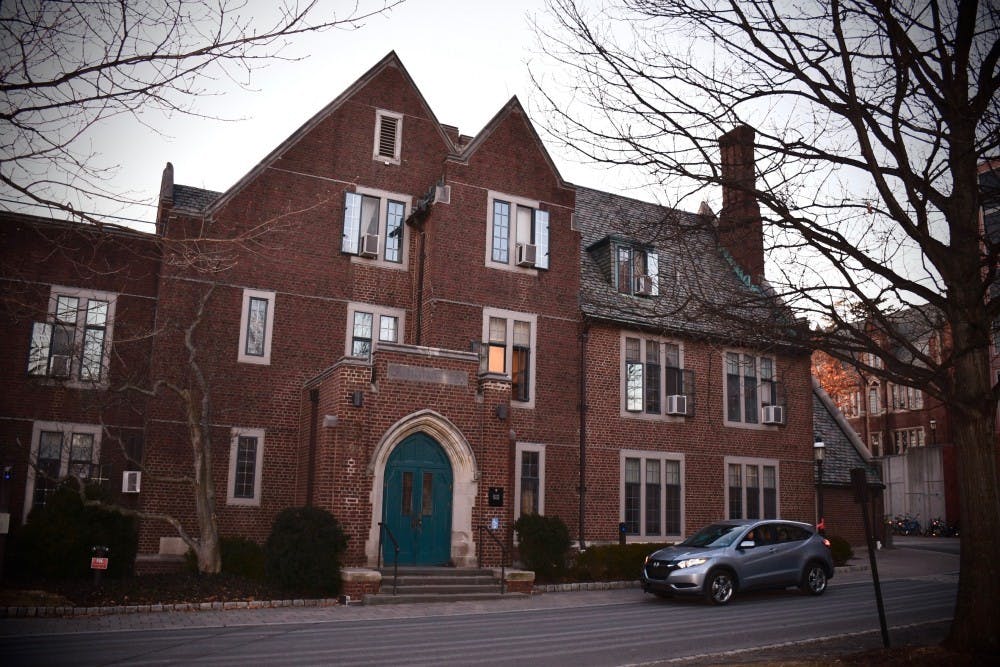Since the emergence of the new coronavirus in China and declaration of a global health emergency, we have taken the situation seriously and have redoubled our efforts to fulfill a core responsibility we have as an administration: to ensure the health and safety of every member of the University community.
It has now been a week since the University first reached out to all students, faculty, and staff with information on coronavirus and the steps being taken on behalf of our community.
Our actions so far and plans going forward have been shaped by federal and state government guidance — including from the New Jersey Department of Health (NJDOH), with whom we are in constant contact — as well as public health best practices and the recommendations of the University’s health and emergency response experts.
Based on guidance the NJDOH issued this past Sunday, University Health Services has completed comprehensive assessments of the nearly 150 members of the University community who had shared with us that they had been in China in the past 14 days. Based on that assessment, they are not required to self-quarantine and can follow their normal, daily routines on campus and elsewhere. Importantly, none of these people are sick or have reported any symptoms consistent with coronavirus. In addition, there are no confirmed cases of coronavirus in our community or in the state of New Jersey.
Prior to receiving the NJDOH guidance on Sunday, and based on federal guidance, we had asked that these community members quarantine themselves — meaning staying home from class and work and refraining from being around others. A team from across the University moved quickly to provide support to those who were self-quarantined, especially those in University housing.
Self-quarantine is very challenging, especially on a university campus with limited residential space and where most students share housing with others. We are extremely grateful to all the students for their cooperation in this difficult situation and the commitment they have demonstrated to doing all they can to help ensure the safety of their fellow students and community members.
We worked on a one-on-one basis with these students to address their housing, dining, and academic needs. We also recognize — and have heard directly — that not all students were placed in housing arrangements with which they were entirely comfortable.
For example, some of these students were asked to share bathrooms and kitchens with other self-quarantined students. While this approach is a common practice in public health emergencies and necessary given the limited housing availability on campus, we can understand that some students were not comfortable with the situation. We value their feedback and welcome additional conversations as we work to address their concerns in this and similar future situations.
Finally, we’d also like to thank everyone on campus for their efforts — in keeping with our shared values — to be supportive, respectful, and inclusive of the members of our community who are affected by this global issue.
In the wake of this outbreak, several universities have experienced the targeting and exclusion of Chinese individuals, individuals perceived to be Chinese, and individuals recently returned from China due to fear and misinformation about the virus. Acts of bias, discrimination, and harassment run counter to our University values and to Princeton’s policies, including our Respect for Others and Non-Discrimination policies, as well as our Statement on Diversity and Community.
Princeton University is committed to maintaining an educational, working, and living environment that is free of all forms of discrimination and where every member can thrive. It is essential that each of us uphold and demonstrate these core values of dignity and respect.
The global health emergency caused by coronavirus continues to evolve on a daily basis, and we are committed to keeping the University community informed about updates we receive from federal and state authorities alongside our efforts to keep the campus safe. The latest updates and FAQs for students and faculty and staff are available on the University’s Novel Coronavirus website. Anyone who has questions or concerns about the University’s response to this situation can email response@princeton.edu.

Aly Kassam-Remtulla is Vice Provost for International Affairs and Operations. He can be reached at akassam@princeton.edu. Irini Daskalaki is an Infectious Disease Physician at University Health Services. She can be reached at irinid@princeton.edu. Robin Izzo is the Executive Director of Environmental Health and Safety. She can be reached at rmizzo@princeton.edu.








